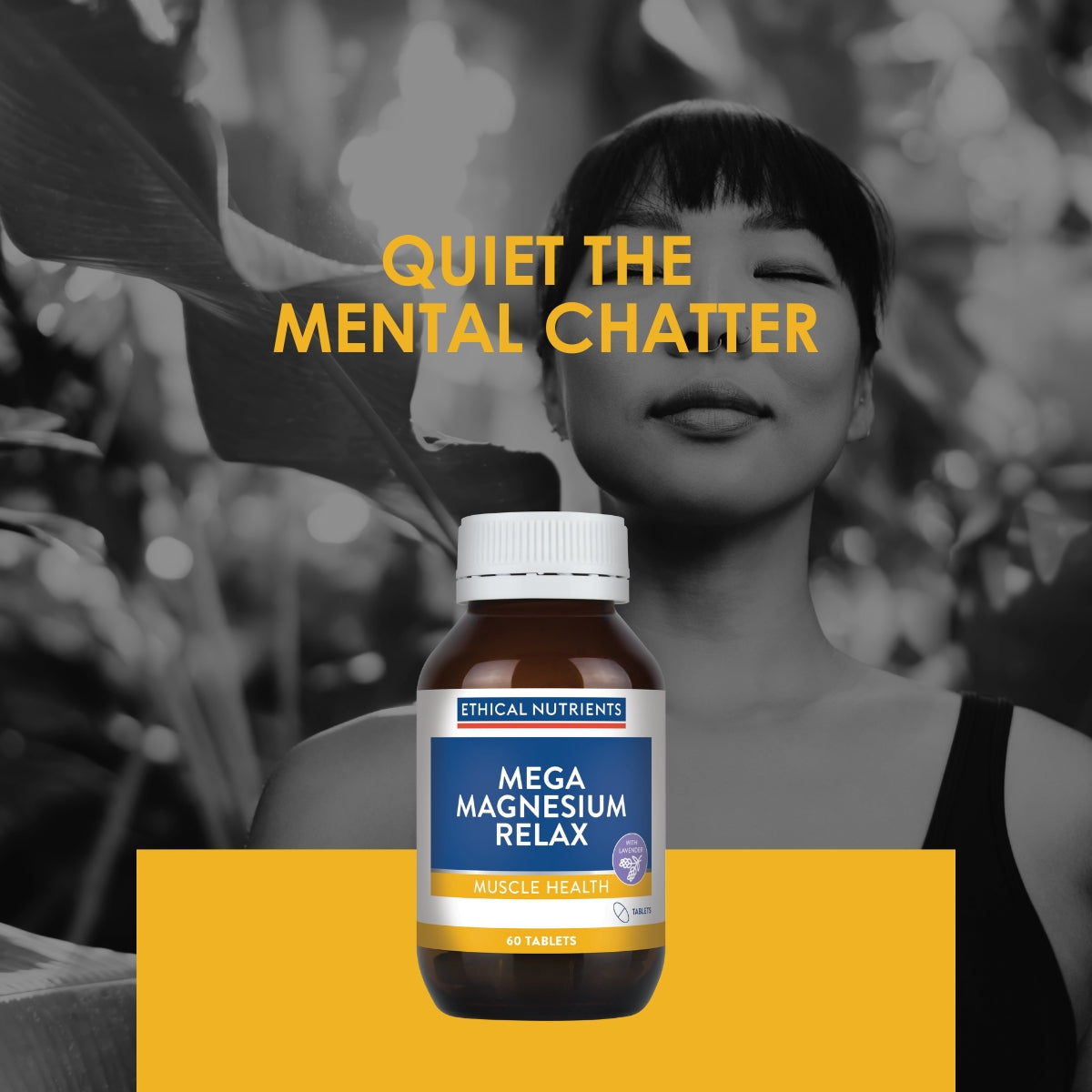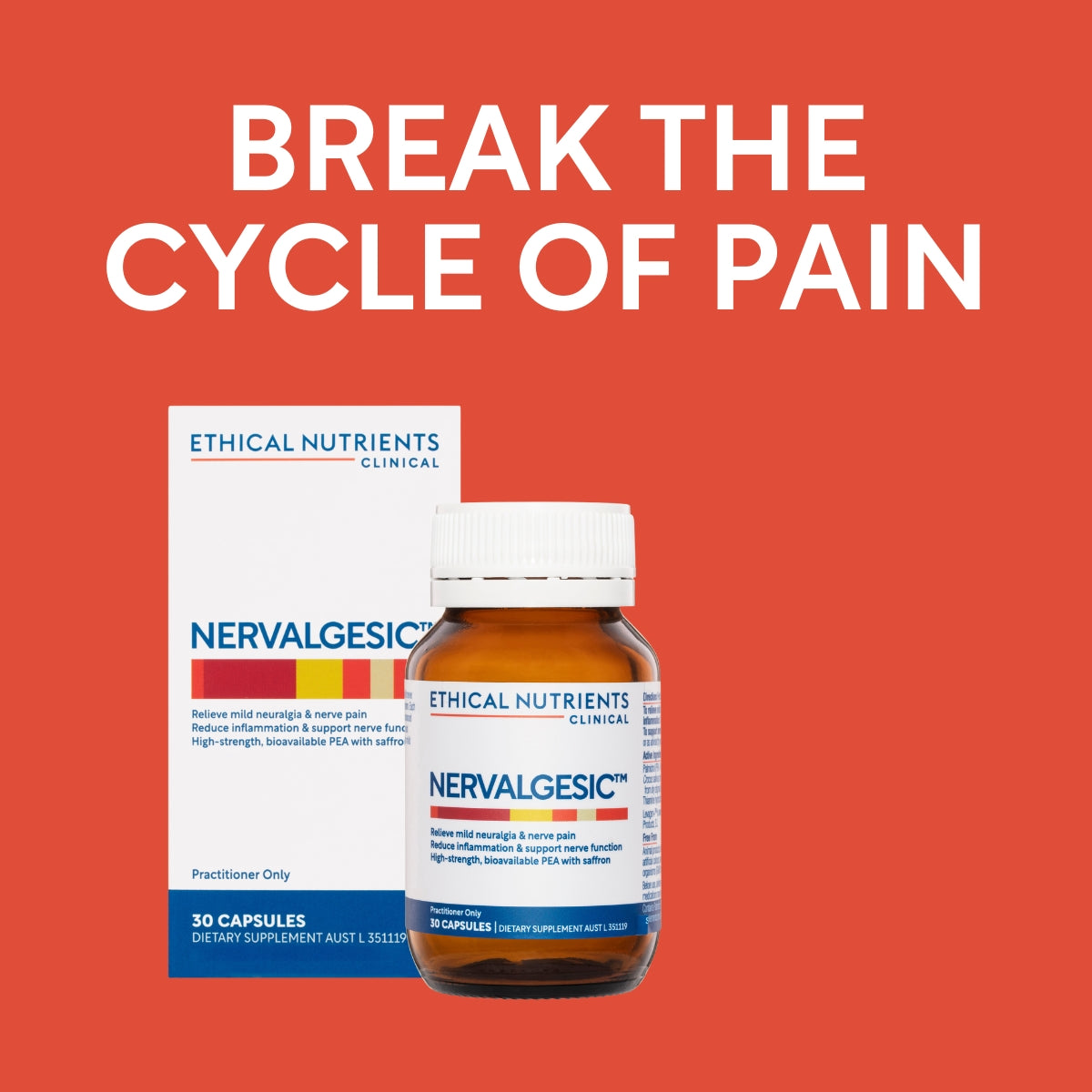Self Care is no longer about taking a moment to have a bubble bath or pop on a cleansing mask. It’s about engaging in daily behaviors that promote holistic health and wellbeing (physical, emotional, mental & spiritual), along with proactive management of sickness when it occurs. Though in recent times, self care has been recognised as an essential part of daily life, sometimes we simply forget to care for our own needs. Here are some simple self care tips to help you be at your best.
Self care is anything but selfish - it's a fundamental way to feel happier, healthier, and more energised.
-
Be Kind to Yourself
We’re taught from an early age to be kind to others. Something that is often overlooked, however, is kindness towards oneself. Being kind to yourself can take many forms – gratitude, self love, setting boundaries. Practicing gratitude can give you an appreciation for what you have, rather than what you don’t. If you start small (acknowledge one thing each day that you’re grateful for, whether journaling or just saying it out loud), you’ll soon have a new perspective on life. You’ll be able to recognise the small things that make life wonderful.
If you take a minute or two each day to appreciate yourself, you'll be able to see how fabulous you are. You’ll start to recognise your achievements (fitting a walk into your day, getting your kids to school, crushing that work project, remaining calm in a stressful situation) and general traits (your intellect, your humour, your smile, your sense of style) much more often, and will be able to give yourself credit where it's due. Learning to say no is incredibly empowering. We often feel obliged to give a reason when declining an invitation, or we do so and feel guilt or shame. It’s more than okay to decline something because you simply need some time to yourself. Stop putting your health at the back of the queue by saying yes to everything.
-
Relax & Recharge
Getting sufficient sleep is important for both your physical and mental wellbeing, as sleep lets your mind recharge and your body recoup from the day’s activities. Sleep is the only time that your body gets to truly rest and repair. Sleep can not only help you feel better, but it can also be essential for cognitive development and workplace performance in adults1. The optimal amount of sleep varies with age and activity levels, but the general guideline is 7-9 hours for adults2. Getting fewer than seven hours of sleep per night can contribute when it comes to working burnout. This is why is so important that we ensure we get adequate sleeping hours and ensure we allow our body to relax and recover and wake up refreshed to tackle our day head-on.
-
Stress Less
Stress contributes to several mental and emotional challenges, a negative stress reaction that can lead to physical reactions such as headaches, loss of appetite, or poor sleeping3. Stress is largely emotional in its presentation, which can make it difficult to focus, make decisions, think things through, stay calm and collected at times, or simply remember day-to-day necessities. Stress can also cause irritability, making you easily frustrated and impatient with others, and can even contribute to low mood. While we can’t avoid stress entirely, it's important to minimise daily stressors that we have some control over. It’s important to recognise when you need a break, need to disconnect (be that from technology, commitments, or social relationships), or simply need to change our pace. During times of stress, it's important to carve out ‘me time’ and engage in a de-stressing exercise such as meditation, reading, a social catch-up, a fun activity, or exercise. There are many other ways to unwind including artistic pursuits or having a nap. Try a few different activities and see what works for you.
-
Move Your Body
Regular moderate-intensity physical activity – such as walking, hiking, cycling, or participating in sports – significantly improves your health and supports your wellbeing4. These types of activities ensure your mind and muscles, including your heart, stay healthy. Exercise also helps increase the production of your brain's feel-good neurotransmitters, called endorphins. Endorphins are important as they can boost your mood and have been shown to relieve pain too5. In addition to the physical benefits, movement has a range of other benefits, such as reducing stress, improving mood, bettering sleep, enhancing blood circulation, and can help spark your energy5. It is never too early or too late to start incorporating physical activity into your daily life – so find an activity that you enjoy and will help you move your body.
-
Nourish Your Body
We all know that a healthy and nutritious diet is essential for good health and plays a very important role in helping the optimal function of our bodies. Sometimes it’s easier said than done due to time constraints, external commitments or simply a lack of nutritional knowledge. If you are not used to eating a healthy diet that promotes your wellbeing, making gradual changes can help you improve the way you eat in the long run. You can substitute fatty cuts with lean meats, consume whole-wheat grains instead of refined versions, and switch sugary soft drinks for home-made sodas, low sugar, or naturally-sweetened drinks. Fresh fruits and vegetables are a great snack option - fresh, crunchy produce like carrots, apples and cucumber slices are much healthier than highly processed foods. Remember to drink your 8 glasses of water, and if you struggle to do so, there are plenty of wonderful water bottles that include hydration reminders & time marks for you to track your daily progress of water consumption.
Engaging in self care is vitally important to ensure you get the most from life, without burning yourself out. Ethical Nutrients is committed to helping you put yourself first so you can be at your best and be able to get the most out of life, whatever that looks like – whether it’s caring for your nearest and dearest, living life to the fullest with extraordinary experiences or putting your best foot forward to succeed in whatever you’re passionate about. We are here to support your self care journey.
References
- Australian Institute of Health and Welfare 2021. Sleep problems as a risk factor for chronic conditions. Cat. no. PHE 296. Canberra: AIHW. ISBN 978-1-76054-909-1 (Online) ISBN 978-1-76054-910-7 (Print) DOI: 10.25816/d2d7-p797
- Australian Institute of Health and Welfare 2021. Sleep problems as a risk factor for chronic conditions. Cat. no. PHE 296. Canberra: AIHW. ISBN 978-1-76054-909-1 (Online) ISBN 978-1-76054-910-7 (Print) DOI: 10.25816/d2d7-p797
- Australian Institute of Health and Welfare (2020) Stress & Trauma, AIHW, Australian Government, accessed 23 March 2022.
- World Health Organization (2020) Physical Activity, fact sheet, 26 November 2020.
- Francis, K. T. (1983). The role of endorphins in exercise: a review of current knowledge. Journal of Orthopaedic & Sports Physical Therapy, 4(3), 169-173.






